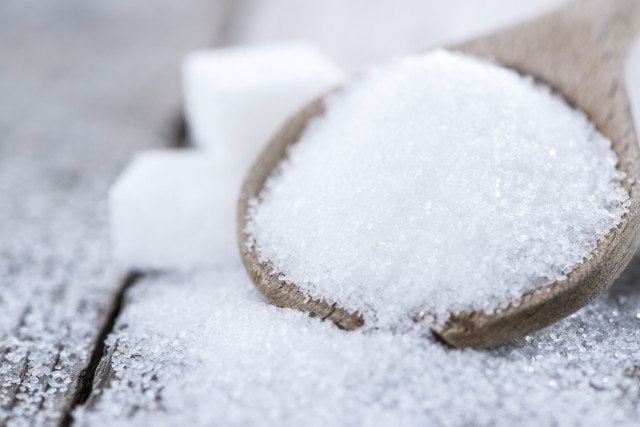Starbucks recently announced in the US the 31-ounce drink Trenta, which joins the ranks of other energy drinks that can pack plenty of caffeine and calories.
Ellen Schuster, a University of Missouri nutrition expert, says that Americans should be wary of extra calories and sugar in the quest for bigger, bolder drinks.
“The sheer size of new coffee and energy drinks increases consumers’ potential for unhealthy calorie and sugar consumption,” said Schuster, state specialist for MU Extension and the College of Human Environmental Sciences.
“A Trenta-sized Starbuck’s lemonade could include 21 teaspoons of sugar – much more than should be consumed at one time, or in one day.”
Excess sugar is common in many prepared beverages.
According to the US Department of Health and Human Services, people who consume drinks with added sugars consume more total calories, and studies have found that drinking sweetened beverages is related to weight gain.
Health experts at the Mayo Clinic note that moderate consumption of coffee and other caffeinated beverages is unlikely to cause harm, but large quantities in excess of 500 mg, or more than four cups of coffee, can cause difficulty sleeping, irritability, restlessness, stomach problems and irregular heartbeat.
Caffeine consumption among children and adolescents is also especially concerning.
“Energy and coffee beverages are subject to the same nutrition rules as other foods and drinks; it’s all about moderation,” Schuster said.
“Ideally, it’s best to avoid drinking calories, because drinks leave you less full than solid foods.”
“By eating calories in the form of high-calorie, high-sugar drinks, people crowd out other nutritious foods.”
“However, like any indulgence, it’s fine to order a Trenta drink as an occasional treat.”










